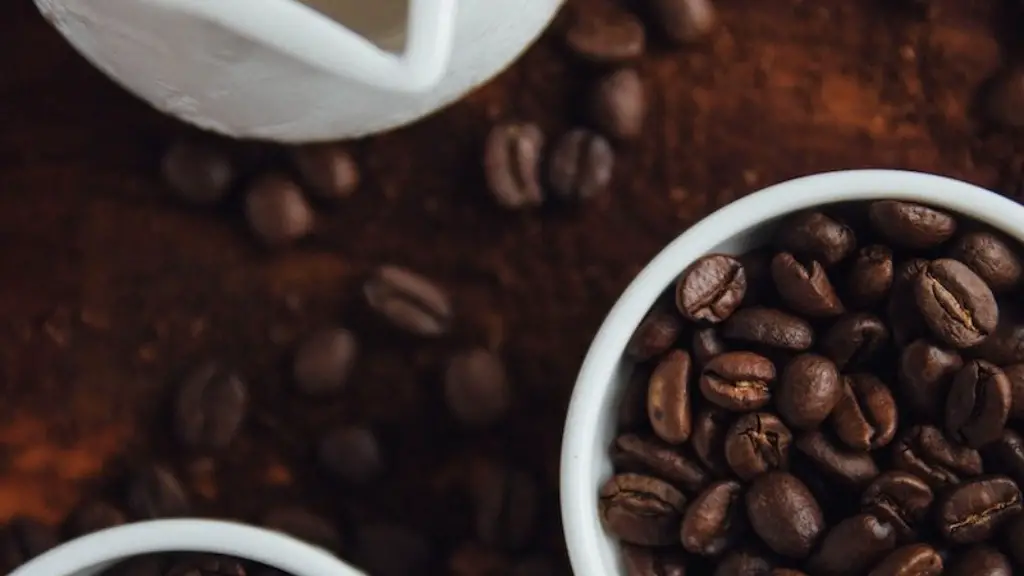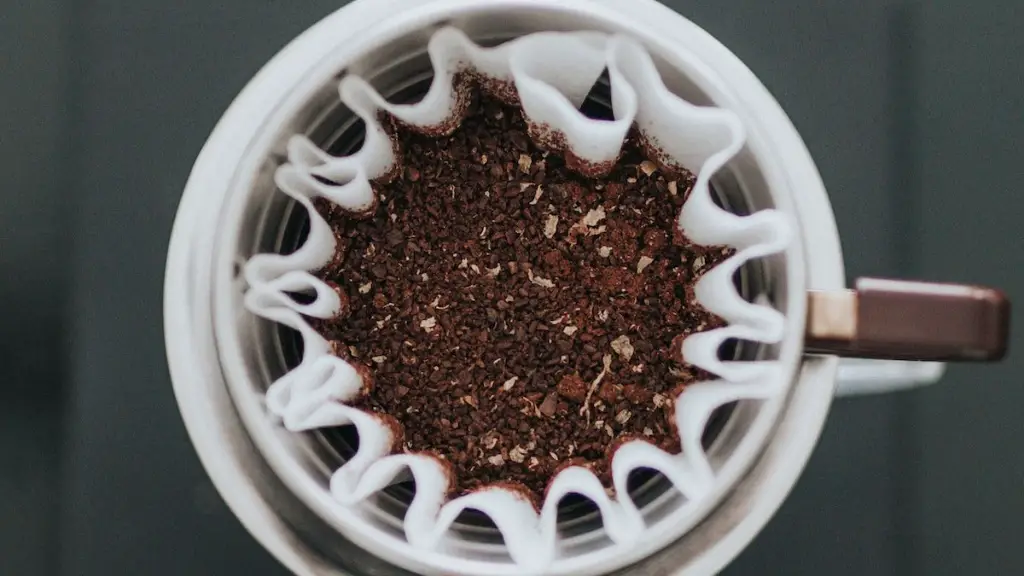What is Bariatric Surgery?
Bariatric surgery, also known as weight-loss surgery, is a type of procedure used to help individuals with severe obesity lose weight and improve their overall health. Many different surgical techniques are used, but generally, the surgery involves shrinking the size of the stomach, so that it will hold less food and make the person feel fuller faster. Common types of bariatric surgeries include gastric bypass, gastric sleeve and adjustable gastric banding. The type of surgery chosen is determined by a number of factors, including the patient’s age, health status, body weight and preferences.
How Does Bariatric Surgery Affect Coffee Consumption?
Caffeine is naturally found in coffee, and the way it is metabolized can be affected by bariatric surgery. Caffeine can increase heart rate, cause restlessness and make it difficult to get a restful night’s sleep. Furthermore, it can cause an increase in blood pressure, which can be an issue for those who have had bariatric surgery due to their compromised digestive system. For these reasons, it is important to be aware of your own body and make an informed decision regarding coffee consumption after bariatric surgery.
What Can People With Bariatric Surgery Do to Stay Safe?
If you have had bariatric surgery, it is important to talk to your doctor before consuming any foods or drinks that contain caffeine. Your doctor can evaluate your health and tell you how often and how much caffeine is safe for you. It is also important to limit caffeine intake to 2 or fewer caffeinated drinks per day, as consuming more could be dangerous for you. Additionally, it is important to drink plenty of water in order to maintain proper hydration throughout the day. Proper hydration can help prevent constipation, indigestion, and other digestive problems that are common side effects of bariatric surgery.
Can People With Bariatric Surgery Drink Coffee?
Yes, people who have had bariatric surgery can drink coffee; however, it is important to remember that there are several factors to consider before doing so. Coffee and other caffeinated beverages can be dehydrating and can raise blood pressure, and people who have had bariatric surgery may be more sensitive to the effects of caffeine than those who have not. Additionally, drinking too much coffee can increase fat storage, so it is important to limit your caffeine intake to 2 or fewer caffeinated drinks per day. As always, it is important to discuss coffee consumption with your doctor to ensure it is safe for you.
Alternatives to Coffee
If you have had bariatric surgery and would like to cut down on your coffee consumption, there are several other options that can provide the same pick me up. Decaffeinated coffee is a good choice, as it still has the taste and aroma of regular coffee, but without the potentially harmful side effects of caffeine. Herbal teas and green tea are also good alternatives, as they contain little to no caffeine and have a variety of health benefits. Additionally, staying hydrated throughout the day with water can help you stay awake and alert during the day. Lastly, getting adequate rest every night is essential to maintaining good energy levels, so getting seven to nine hours of quality sleep every night is key in avoiding caffeine cravings.
What Are The Potential Benefits of Drinking Coffee After Bariatric Surgery?
Although it is important to take caution when consuming caffeine, coffee does have several potential benefits for those who have had bariatric surgery. One potential benefit is that coffee can reduce the amount of fat cells that are stored in the body. Additionally, coffee can help increase metabolic rate, which can help facilitate weight loss. Finally, coffee can provide an energy boost that can help people stay alert and focused throughout the day.
Are There Any Precautions to Take When Drinking Coffee After Bariatric Surgery?
While coffee can have a number of potential benefits, it is important to keep in mind that drinking too much coffee can have adverse effects. Too much caffeine can have the opposite effect of the desired result, and it can cause dehydration, restlessness, and an increased heart rate. It is also important to note that some bariatric surgery patients may be more sensitive to the effects of caffeine than others, so it is important to talk to your doctor to determine how much caffeine is safe for you.
Conclusion
Overall, it is important to take caution when consuming caffeine after bariatric surgery. While coffee does have potential benefits, it is important to discuss with your doctor how much caffeine is safe for you and try to limit yourself to two caffeinated drinks per day. Additionally, there are several other options that can help with energy levels and focus, such as decaf coffee, herbal teas, green tea, and plenty of water. By understanding the effects of caffeine and being aware of potential risks, people who have had bariatric surgery can enjoy coffee without having to worry about any adverse effects.


